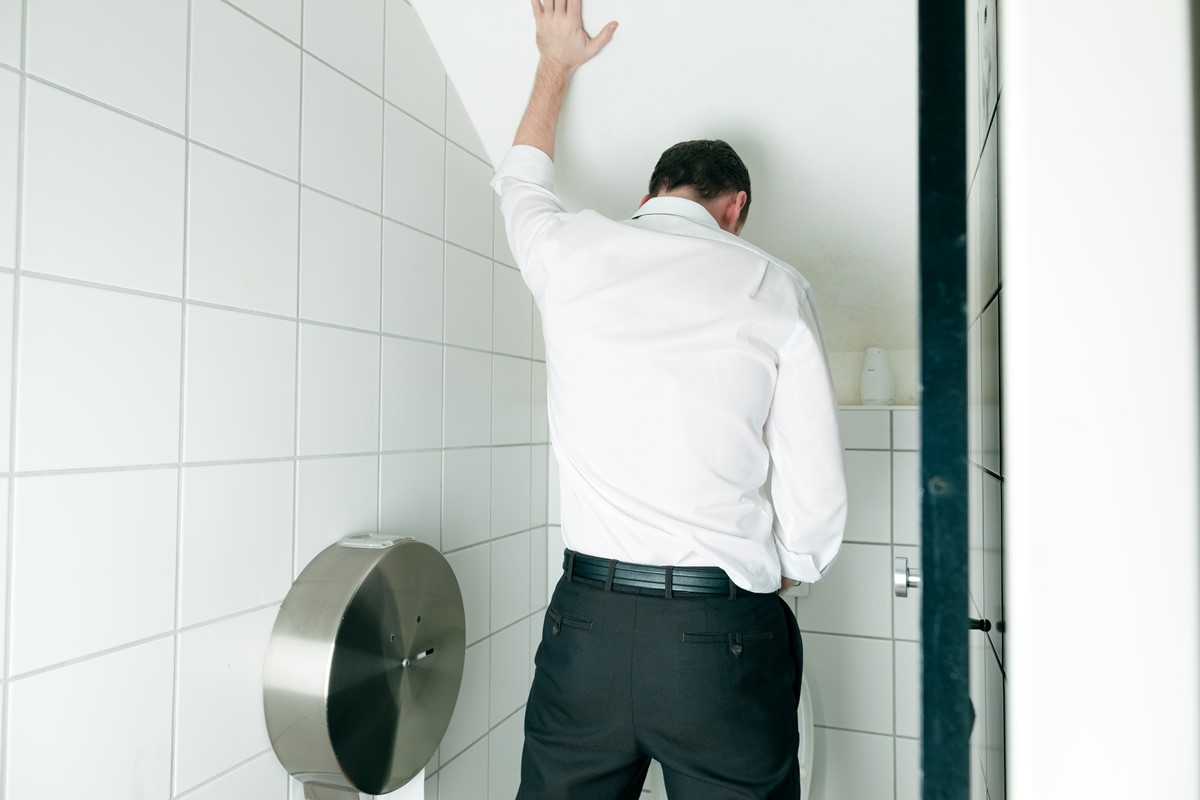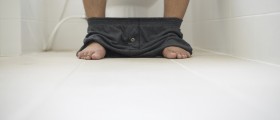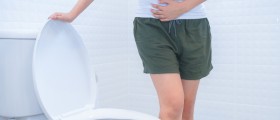General overview
The medical term for the experience of burning urine is called dysuria. Dysuria is usually also associated with symptoms such as increased urinary frequency, urgency and sometimes also haematuria (blood in the urine). Dysuria can occur due to various reasons which can be divided into 4 groups.
Urinary tract issues:
- Urinary tract infections.
- Kidney stones.
- Urethritis (infection or inflammation of the urethra especially affecting the meatus/opening).
- Prostatitis (infection of the prostate).
- Prostatic enlargement.
- Sexually transmitted infections such as chlamydia and trichomoniasis.
- Bladder infection (cystitis).
- Inflammation of the bladder wall (interstitial cystitis).

Genital pathology:
- Vaginitis (inflammation or infection of the vagina).
- Endometriosis (uterine wall tissue growing on the outside of the uterus, fallopian tubes and/or ovaries).
Chronic conditions:
- Diabetes.
- Hypertension.
Medications, foods and other irritants:
- Chemicals such as soaps, douche, bubble baths and spermicides.
- Products such as coloured toilet paper and tampons.
- Tomatoes.
- Anticholinergic medication.
- Non-steroidal anti-inflammatory drugs.
- Chemotherapy agents.
- Vitamin C.
- Caffeine.
- Citrus or carbonated drinks.
- Alcohol.
Why does alcohol cause dysuria?
Alcohol consumption is also known to stimulate increased urination by inhibiting the body's anti-diuretic hormone (ADH) from functioning properly. Increased urinary frequency may also result in the patient experiencing dysuria.
Interstitial cystitis is a condition where the muscular wall of the bladder becomes chronically inflamed and this condition itself can cause dysuria. Exposure of this inflamed tissue to alcohol though can worsen the condition and the patient will then have an increased chance to experience dysuria.
What can be done to manage dysuria?
- If you start to present with dysuria, then it is best to consult with your primary care doctor in order to examine you and to perform the correct investigations. This is done in order to find and treat the cause of the dysuria.
- You should try and drink plenty of water as this helps to dilute the urine if the pH level is too low, it will help clear out any pathological bacteria and it can also help facilitate any kidney stones which may be present.
- Sitz baths help to decrease swelling around the meatus (opening) of the urethra and will thus help to reduce the pain. Use the Sitz baths for 20 minutes at a time and do this 2-3 times a day until the symptom resolves.
- Avoid any irritant which may be causing the dysuria. If you know that caffeine, citrus drinks, alcohol, etc. causes dysuria, then it's best to avoid these products.
- Photo courtesy of SteadyHealth
















